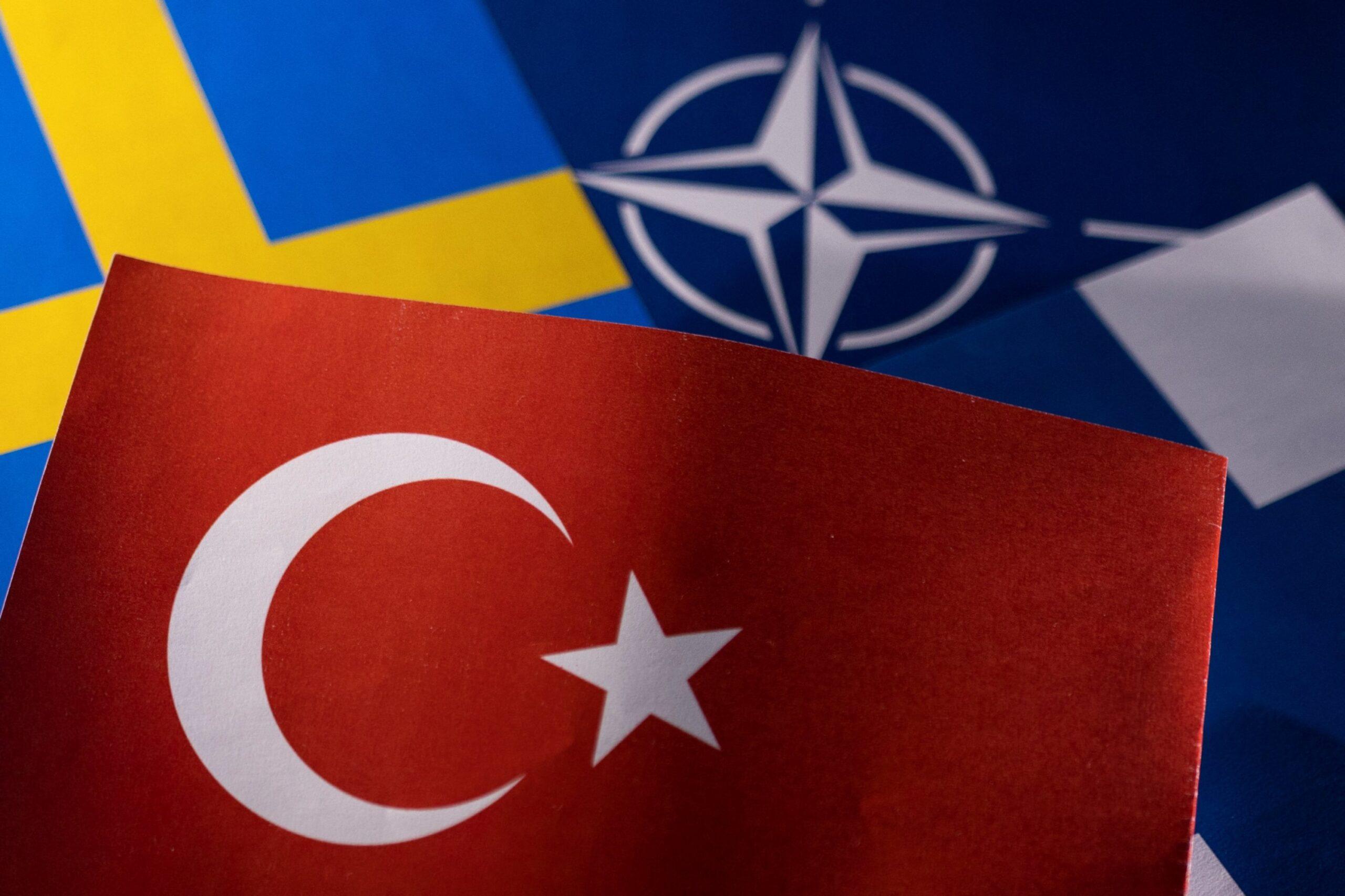PROFESSOR ILTER TURAN
The debate regarding the accession of Finland and Sweden to NATO continues. Turkey insists that these countries should reconsider their policies which, for all practical purposes, amount to extending support to the PKK that conducts acts of terrorism against Turkey, operating mainly from Iraq and to a lesser degree from Syria. The general idea of Turkey’s complaints seems justified. Finland and particularly Sweden pursue policies that are highly supportive of the PKK while they impose deprivations on Turkey for not being accommodating to Kurdish (read: PKK) demands. If they want to be Turkey’s allies, they must demonstrate a higher level of sensitivity to Turkish concerns than they have so far. When Turkey, to the surprise of other members, made public its objections to their membership, the initial Swedish reaction was that Turkey could easily be persuaded to change its mind. It is gradually becoming clear that concerns Turkey has expressed are serious and need to be addressed if progress is to be achieved. In fact, the Swedish government that thought that since their membership petition was backed by the US and other major NATO members, it could pursue an arrogant stance toward Turkey, has now become more appreciative that Turkey’s expectations may not be totally ignored.
Turkey has put forth a number of conditions in different areas that it wants met. It wants government support to the PKK to end, saying that a symbolic decision to designate the PKK as a terrorist organization will not do. PKK and its affiliates operate freely in Sweden (and Finland), they have offices, their officials have access to policy makers by whom they are often warmly welcomed.
They are free to collect money, sometimes using extortion, they can send the funds they collect to those that conduct the terror. The government offers refuge to persons that have committed crimes in Turkey and then taken refuge in Sweden while it refuses to respond to Turkish requests for extradition. Some officials are openly supportive of the PKK and facilitate its work. The Swedish government has sent weapons to Syria that have been used by the PKK in Turkey while it has banned exports of military wares to Turkey.
It is clear that some kind of response has to be given to Turkish requests. It is equally clear that the Swedish government finds itself in a particularly difficult situation since its staying in office and surviving a vote of confidence depends on the support of an independent deputy who has made her support contingent the government’s commitment to support the YPG/PYD and, I strongly suspect, the PKK. How the Swedish government will manage satisfying Turkey’s demands while maintaining the support of a deputy whose commitment to her causes seems to prevail over Sweden’s concern for maximizing its security will constitute a fascinating story for policy analysts. The Swedish government has already announced that it is tightening its laws on terrorism. It has also indicated that it may be willing to repeal the restriction on exports of military ware to Turkey. Other items seem more problematic. For example, Turkey’s extradition requests cover an array of persons including not only those affiliated with the PKK but also with the Gülenist movement that attempted to conduct a military coup in the summer of 2016. Apparently, there are major problems with the extradition files: they fail to offer sufficient evidence that the individuals have legally committed crimes. Impressionistic and circumstantial evidence does not go too far in persuading the Swedish justice system that these people are culpable. In some cases, the alleged crimes of those whose extradition is requested do not constitute unlawful acts in Sweden. An example is the request that a publisher be handed to Turkey. The fact that one of the individuals whose return is requested has been dead for seven years does not help the credibility of the Turkish request. Finally, Turkey’s asking that a public official whose is especially favorably disposed to PKK causes be removed from his office borders on interfering in the domestic affairs of another country. It is, of course, possible in international relations to register unfavorable sentiment about a public official of another country, but this has to be done discreetly and should not be put forth openly as a condition.
Turkey and Sweden must move forward and overcome their mutual difficulties. NATO will become stronger with Swedish accession which is also of benefit to Turkey. Sweden’s security, on the other hand, will clearly be enhanced by its accession to NATO. In this process, Sweden must understand that Turkey has some legitimate security concerns that are undermined by policies Sweden pursues and they must be ready to modify them. For its part, Turkey must appreciate that not all its expectations, some of them not particularly reasonable in view of rules and practices in international politics, cannot be met. In short, Turkey and Sweden must address their differences reasonably.










